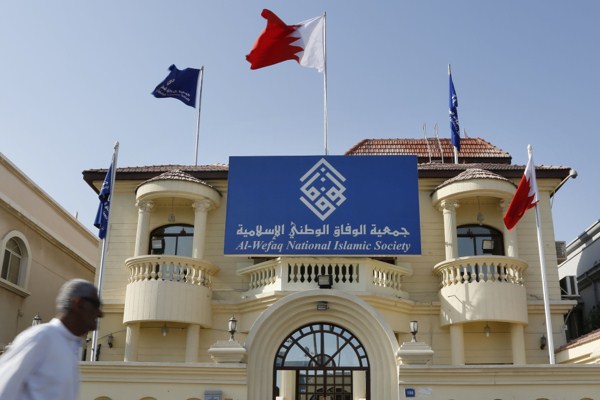On Tuesday, a court in Bahrain suspended the activities of the country’s main Shiite opposition group, al-Wefaq, ahead of next month’s parliamentary elections. The group, known in Bahrain as a political society, cannot organize rallies, issue statements or use its offices for three months. Al-Wefaq had already announced earlier this month that it would boycott the Nov. 22 poll, so the immediate impact on the election may be limited.
The Ministry of Justice filed a lawsuit against al-Wefaq seeking its suspension back in July, after the government expelled Tom Malinowski, the U.S. assistant secretary of state for democracy, human rights and labor, for meeting with its leader and deputy without a government minder.
But in addition to further eroding political space in Bahrain, with a national reconciliation effort effectively frozen since last year, the suspension signals something else. Bahrain is part of the U.S.-led coalition against the so-called Islamic State (IS, also known as ISIS), and the suspension is another move by one of America’s Gulf allies to drop any pretense of domestic reform. The rise of IS and Washington’s efforts to form a regional coalition against it have brought compromises in the Gulf back into the spotlight.

